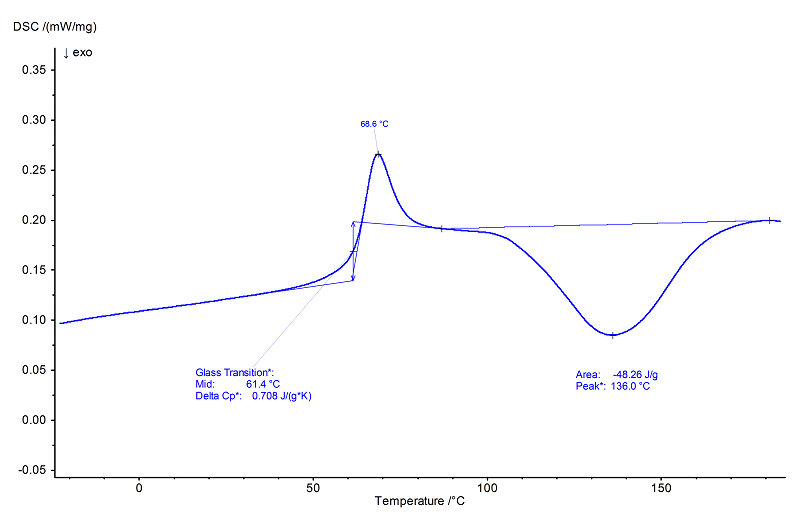MF: Melamine-formaldehyde resin
- Short Name
- MF
- Name
- Melamine-formaldehyde resin
- Group
- TS - Thermosets
- General Properties
- Chemical Formula
- Structural Formula
-

Properties
- Glass Transition Temperature
- 70 to 130 °C
- Melting Temperature
- - °C
- Melting Enthalpy
- - J/g
- Decomposition Temperature
- 340 to 400 °C
- Young's Modulus
- 6000 to 10000 MPa
- Coefficient of Linear Thermal Expansion
- 40 to 60 *10¯6/K
- Specific Heat Capacity
- 1.2 J/(g*K)
- Thermal Conductivity
- 0.35 to 0.40 W/(m*K)
- Density
- 1.48 to 1.50 g/cm³
- Morphology
- Thermoset
- General properties
- Good chemical resistance. High gloss. High surface hardness. High abrasion resistance. Good electrical insulating properties
- Processing
- Compression, injection molding, extrusion molding
- Applications
- Furniture industry (adhesive resin for, e.g., wood bonding, face veneer …). Electrical industry. Impregnation of textiles. Matrix for fiber-reinforced composites. Camping dishes, kitchen tools
Internet Links
NETZSCH Measurements
- Instrument
- DSC 204 F1 Phoenix®
- Sample Mass
- 24.79 mg
- Isothermal Phase
- 8 min
- Heating/Colling Rates
- 5 K/min
- Crucible
- High-pressure crucibles of steel, closed
- Atmosphere
- N2 (40 ml/min)

Evaluation
The above plot shows a DSC curve from a single heating of a melamine formaldehyde resin (MF).
The glass transition at approx. 61°C (midpoint) is overlapped by a large endothermal enthalpy relaxation peak (peak temperature 69°C) and is immediately followed by an exothermal curing with a peak temperature of approx. 136°C and a reaction
enthalpy of 48 J/g.
A temperature-modulated DSC (TM-DSC) measurement (not presented here) would be able to separate the reversing glass transition from the non-reversing endothermal relaxation and the exothermal reaction peaks.
The glass transition at approx. 61°C (midpoint) is overlapped by a large endothermal enthalpy relaxation peak (peak temperature 69°C) and is immediately followed by an exothermal curing with a peak temperature of approx. 136°C and a reaction
enthalpy of 48 J/g.
A temperature-modulated DSC (TM-DSC) measurement (not presented here) would be able to separate the reversing glass transition from the non-reversing endothermal relaxation and the exothermal reaction peaks.